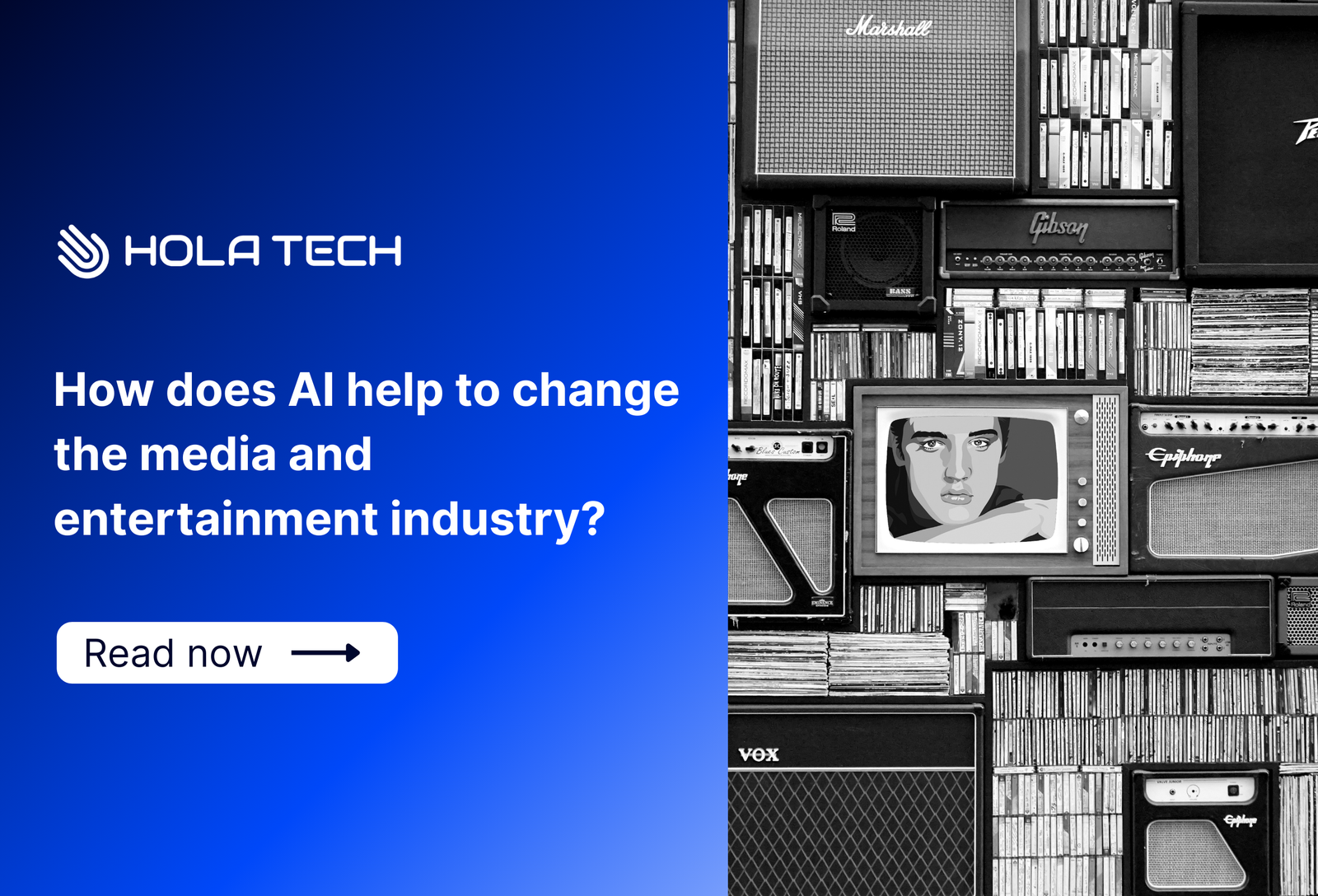- Tom
- ai, blockchain, Technology
- 0 Comments
- 13222 Views
Why use blockchain technology?
1/ Key takeaways
Blockchain technology offers a decentralized and secure way to manage data, ensuring transparency, immutability, and efficiency across various industries. While it provides significant benefits like enhanced security and faster transactions, potential users should consider challenges such as scalability, energy consumption, and regulatory hurdles before implementation.
2/ Why use blockchain technology?
2.1. What is blockchain technology?
Imagine a digital ledger that’s shared and constantly updated by a network of computers, not controlled by any single person or company. That’s essentially what blockchain technology is. Instead of a single, centralized database, it’s a decentralized and distributed record of information. Each new piece of information (a “transaction”) is bundled into a “block,” which is then cryptographically linked to the previous block, forming an unbreakable “chain.” This structure makes it nearly impossible to alter or delete data once it’s on the chain.
2.2. Benefits of blockchain technology
The unique architecture of blockchain offers several key advantages that are revolutionizing how data is managed and trusted.
– Enhanced security: Data on a blockchain is stored across multiple computers, not in a single location. This decentralization makes it highly resistant to hacking and fraud. The cryptographic links between blocks ensure the integrity of the data.
– Transparency & immutability: All participants in the network can view the same, shared ledger. Once a transaction is recorded, it’s permanent and unchangeable. This creates a transparent and auditable history for all activities.
– Increased efficiency & speed: By removing the need for intermediaries (like banks or notaries), transactions can be processed much faster and at a lower cost. Smart contracts, which are self-executing agreements coded directly into the blockchain, automate processes and eliminate manual delays.
– Reduced costs: Eliminating third-party involvement and manual processes can significantly lower operational overhead and transaction fees.
2.3. Use cases of blockchain technology
While best known for powering cryptocurrencies like Bitcoin, blockchain’s real value lies in its applications across various industries.
– Supply chain management: Companies use blockchain to track products from their origin to the final customer. This provides an immutable record of a product’s journey, helping to verify authenticity, combat counterfeiting, and ensure ethical sourcing.
– Finance: Beyond crypto, financial institutions use blockchain for faster and more secure cross-border payments, clearing and settlements, and managing digital assets. It can also be used for creating decentralized finance (DeFi) platforms.
– Healthcare: Blockchain can secure patient data and medical records, allowing for more secure sharing of information between healthcare providers while maintaining patient privacy. It can also be used to track and authenticate pharmaceuticals.
– Real estate: The technology can simplify and speed up property transactions by creating a transparent and tamper-proof record of ownership and deeds, eliminating the need for extensive paperwork and intermediaries.

2.4. Challenges of using blockchain technology
While promising, blockchain isn’t a silver bullet. There are important considerations to be aware of before implementation.
– Scalability issues: Many blockchains, particularly public ones like Bitcoin, face challenges with transaction speed and volume. The time it takes to process and validate new blocks can be a bottleneck.
– Energy consumption: Some blockchain networks, which use a “Proof of Work” validation method (like Bitcoin), require massive amounts of computational power and electricity. This has led to concerns about their environmental impact.
– Regulatory uncertainty: The regulatory landscape for blockchain and crypto is still evolving. Different countries and jurisdictions have varying rules, which can create legal complexities for businesses.
– Cost of implementation: Setting up a private or enterprise-level blockchain can be complex and expensive, requiring specialized expertise and significant investment in infrastructure.
3/ Hola Tech’s pov:
Technology enthusiasts interested in blockchain should focus on building a strong foundational knowledge beyond just the financial aspects. It is recommended to understand the underlying cryptographic principles, different consensus mechanisms (like Proof of Work vs. Proof of Stake), and the architecture of various blockchain platforms. Gaining practical experience by developing smart contracts or decentralized applications (dApps) on platforms like Ethereum or Hyperledger is highly valuable. This hands-on approach provides a more realistic understanding of the technology’s capabilities and limitations, helping to bridge the gap between theoretical knowledge and practical application.
Business owners should approach blockchain from a strategic perspective, prioritizing a clear business case over technological novelty. It is advised to identify critical areas in their operations that could benefit from enhanced transparency, security, and efficiency, such as supply chain management, financial reconciliation, or data provenance. The company’s advice is to begin with a pilot project to test the technology’s feasibility and measure its impact before committing to a full-scale deployment. Furthermore, partnering with a reputable and experienced development firm is crucial to mitigate implementation risks and ensure the final solution is secure, scalable, and fully integrated with existing business systems.
Want to stay ahead of the curve in the world of decentralized technology and AI? Check out Hola Tech blog for more exciting technology news and useful information!














